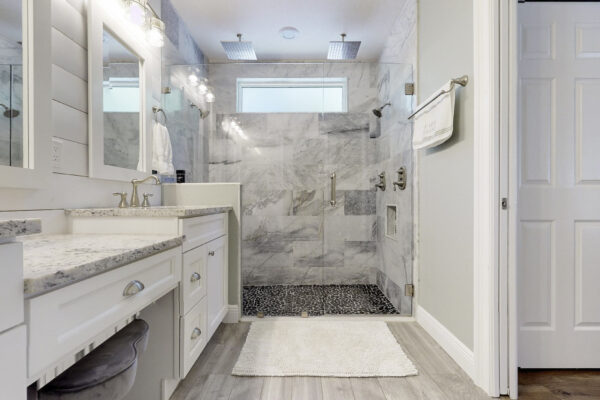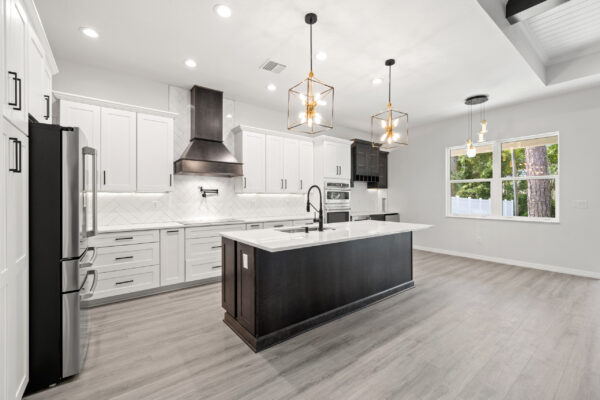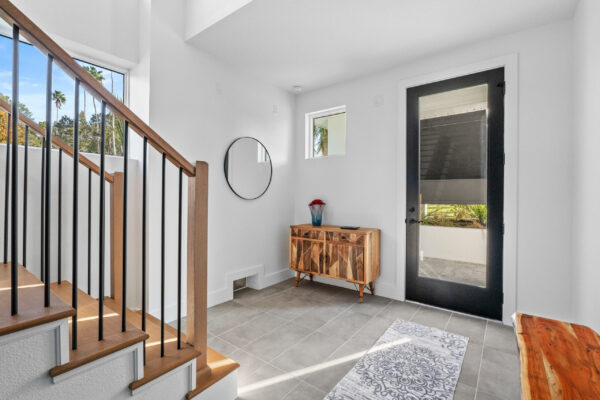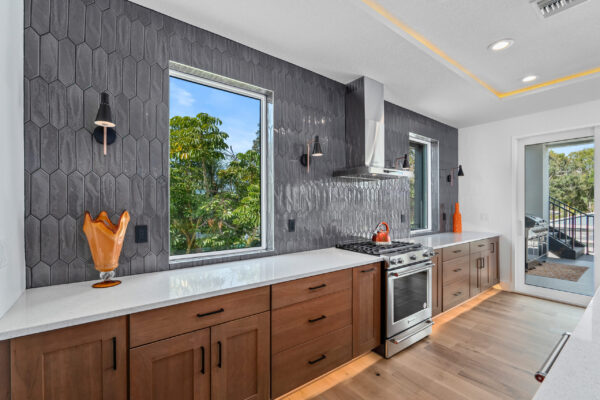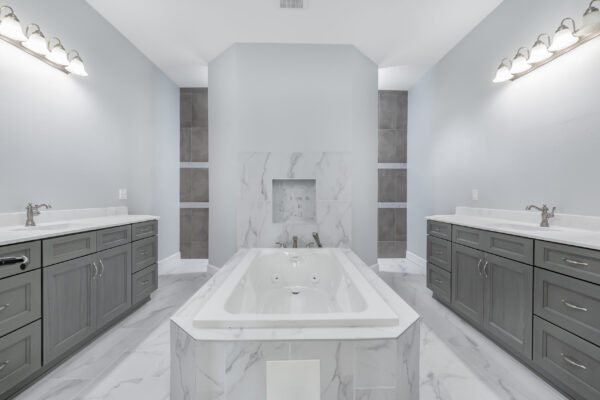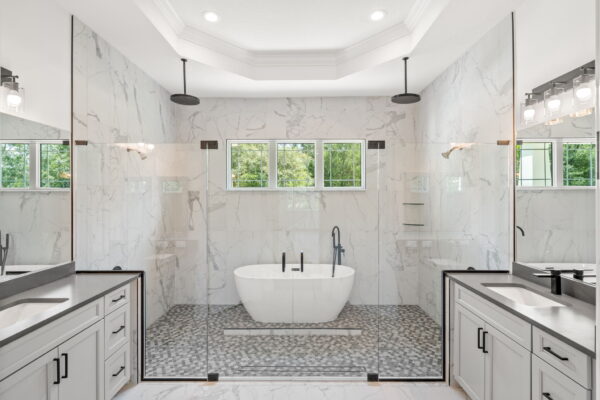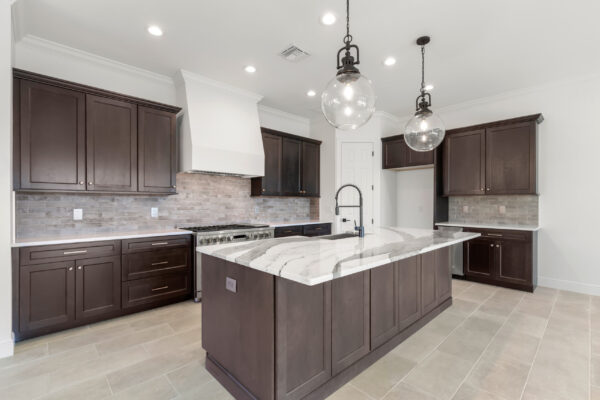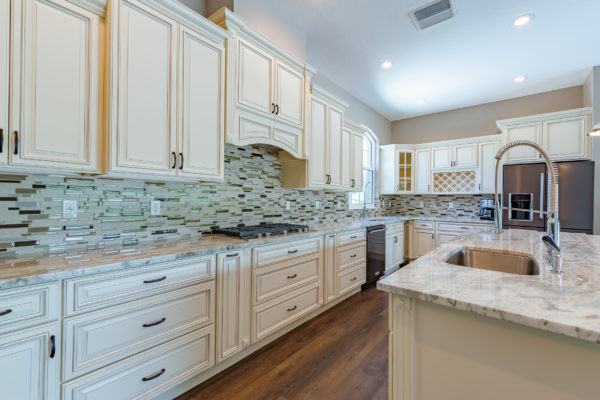The North Georgia mountains offer a breathtaking backdrop for those looking to build their dream home. From rolling hills and dense forests to charming small towns and scenic overlooks, it’s no wonder this region has become a popular destination for both full-time residents and second-home seekers.
But before you break ground, it’s important to understand what makes mountain building unique, and how to prepare for the process. Whether you’re new to custom home building or just new to mountain terrain, this guide will walk you through everything you need to know before getting started.
What to Know Before You Start
1. Why Build in the North Georgia Mountains?
The North Georgia region is rich in natural beauty, outdoor recreation, and small-town charm. Cities like Clarkesville, Mt. Airy, Helen, and Ellijay offer the perfect combination of peaceful mountain living with access to shopping, dining, and culture.
Custom homes in this area are often designed to highlight the views, maximize natural light, and create a warm and inviting mountain aesthetic. Building here allows homeowners to personalize every detail, from floor plan and finishes to outdoor living spaces like covered porches, decks, and fire pits.
2. Start with the Right Land
Before the building begins, you need a piece of land that’s not only beautiful but also practical for construction. Here’s what to consider:
Topography & Slope
Mountain lots are rarely flat. Steep or uneven terrain can impact your foundation, driveway access, drainage, and construction costs. Work with a builder who has experience evaluating and building on sloped lots.
Access & Road Conditions
Many mountain properties are located off gravel or private roads. Make sure your lot has year-round access, and consider how trucks and heavy equipment will get in and out during construction.
Utilities & Septic
Check whether your lot has access to public utilities or if you’ll need a well, septic system, or propane tank. These costs can add up and should be factored into your budget from the beginning.
Sunlight & Views
North Georgia offers incredible vistas—but you’ll want to consider how the sun moves across your property. Position your home to capture morning light or sunset views while avoiding harsh afternoon heat in key rooms.
3. Permits, Zoning, and Local Regulations
Building in the mountains comes with its own set of regulations, and every county may have different zoning ordinances and permitting processes. In general, here’s what to expect:
Zoning & Land Use
Each county or municipality has zoning codes that determine how land can be used. Your lot must be zoned for residential use, and setbacks (the required distance from the property lines) will affect where your home can be built.
Environmental Considerations
Mountain areas may have additional environmental protections, including stream buffers, tree ordinances, and erosion control measures. Your builder will help ensure compliance with these rules.
Building Permits
Before construction can begin, you’ll need to apply for a building permit. This typically includes submitting architectural plans, septic approval (if applicable), and engineered site plans.
HOA Rules (If Applicable)
If your property is located in a subdivision or mountain community with a homeowners association (HOA), you’ll need to follow any design guidelines and approval processes they’ve established.
4. Design for the Mountain Lifestyle
A mountain home is more than just a house in the hills – it’s a lifestyle. When designing your custom home in North Georgia, think about how you’ll live, entertain, and enjoy the outdoors year-round.
Open Floor Plans
Many mountain homes feature large open-concept layouts that flow from kitchen to living room to dining area. This not only maximizes space but also enhances the view from every angle.
Outdoor Living Spaces
Porches—both covered and uncovered—are a must. Whether it’s a quiet morning coffee on the deck or an evening by the firepit, outdoor spaces are where memories are made.
Natural Materials
Consider using stone, wood, or cedar accents to create a warm, rustic feel that blends seamlessly with the natural surroundings.
Energy Efficiency
Mountain weather can fluctuate, so it’s wise to invest in energy-efficient windows, proper insulation, and a heating/cooling system that suits the climate.
Storage & Workshop Areas
From hiking gear to gardening tools, a mountain home often requires thoughtful storage. Walk-out basements, garage workshops, and mudrooms are all great additions.
5. Work with a Local, Experienced Builder
The best way to simplify the process of building in the mountains is to choose a builder who understands the region. From navigating slope challenges to managing timelines and materials, a North Georgia-based builder can help you avoid costly mistakes and delays.
At Covenant Homes, we specialize in custom homes throughout North Georgia. Our experience working in mountain communities gives us a unique advantage, we know how to translate your vision into a livable, stunning home that fits the land and your lifestyle.
6. Budgeting & Timeline Expectations
Building in the mountains may come with some extra costs compared to flatland construction. Things like engineered foundations, long driveways, well drilling, and septic systems can add to your budget. It’s important to build in a contingency fund for unexpected challenges such as rock excavation or weather delays.
On average, the process from land purchase to move-in can take 9-18 months, depending on lot conditions, permitting, weather, and availability of materials or labor. Your builder will walk you through each phase and help set realistic expectations for your timeline.
7. Custom Home Building: Step-by-Step Overview
Here’s a quick glance at what the process typically looks like:
- Land Search & Purchase
Find the right lot with the help of a builder or real estate agent who knows the area. - Initial Consultation
Discuss your goals, budget, and design ideas with your custom home builder. - Site Evaluation
A builder will assess your lot’s topography, access, and utility requirements. - Design & Planning
Work with a designer or architect to create a floor plan tailored to your needs and lifestyle. - Permits & Pre-Construction
Secure all necessary permits and approvals before breaking ground. - Construction Begins
Site prep, foundation, framing, roofing, utilities, and finishes will follow a planned timeline. - Final Walkthrough & Move-In
Once inspections are complete, you’ll receive your certificate of occupancy and get the keys to your new home.
Ready to Build Your Dream Home in the North Georgia Mountains?
Building a custom home in the North Georgia mountains is an exciting journey, but it’s one that requires thoughtful planning, expert guidance, and a deep appreciation for the land. At Covenant Homes, we’re passionate about helping families bring their vision to life in this one-of-a-kind region.
Whether you already own land or are just beginning your search, our experienced team is here to guide you through every step of the process – from design to move-in day. Contact us today to schedule a consultation and start your journey toward mountain living done right.


